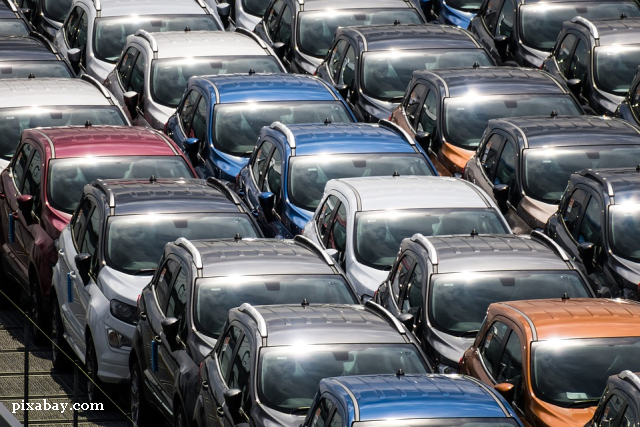Greener cars for the EU
EU member states agreed on 2035 as the deadline for phasing out CO2 emitting cars
Warning: Trying to access array offset on null in /home/web/rri.ro/public/wp-content/themes/rri/template-parts/content.php on line 53

Warning: Trying to access array offset on null in /home/web/rri.ro/public/wp-content/themes/rri/template-parts/content.php on line 98
Mihai Pelin,
29.03.2023, 13:50
As of 2035 the
European Union is phasing out the sale of new vehicles running on diesel and
petrol. Member states
have reached a final agreement on the proposal, and the vote was given at a
meeting of EU energy ministers.
Under the new rules, in the next 12 years
vehicle CO2 emissions are to be cut by 55% compared to 2021 figures. As for
vans, the target is 50% by 2035, but as of that date emissions are to be cut by
100%, which means the end of internal combustion engine production. This type
of engines will be allowed nonetheless after that date, provided that they use
climate-neutral e-fuels. This exemption is the outcome of Germany’s pushback on
the new legislation over the past month.
Climate-neutral fuels, currently under
development, are synthetic and their use generates emissions, however their
neutrality is given by the fact that they are produced by capturing CO2 from
the atmosphere using electricity from renewable sources, and the same amount of
CO2 captured for their production is released through their use.
Biofuels will also be banned as of 2035, on
grounds that they are generated in agriculture and already have a carbon
footprint. The use of environment-friendly fuels will be regulated in
subsequent legislation. But experts are already wondering what type of energy
will be accepted in order to produce them.
One option could be nuclear electricity, a
resource increasingly appreciated by the European Commission for EU’s
transition to an emission-free economy. Countries like France, Poland and
Romania are trying to obtain recognition and advantages for the production of both
the electricity itself, and of synthetic fuels like hydrogen. Opposing the use
of nuclear energy are Germany, Austria and Spania.
Meanwhile, Norway has set the tightest deadline for giving up internal combustion engines. The country is a world leader
in terms of electric car market share, with nearly 79% of the sales in 2022
consisting in plug-in electric vehicles.
Internal combustion engines are being
phased out precisely as the sales of Dacia,
the car made by the French group Renault in Piteşti, Romania, among other
locations, have been rising across Europe. According to
the company, Dacia is ranking 3rd
in Europe by sales to individual buyers, accounting for a record-high 7.6%
market share. Ford is the
second-largest player in the Romanian automotive market, thanks to a production
facility in Craiova operated by the Turkish-US joint ventureFord Otosan. (AMP)






























